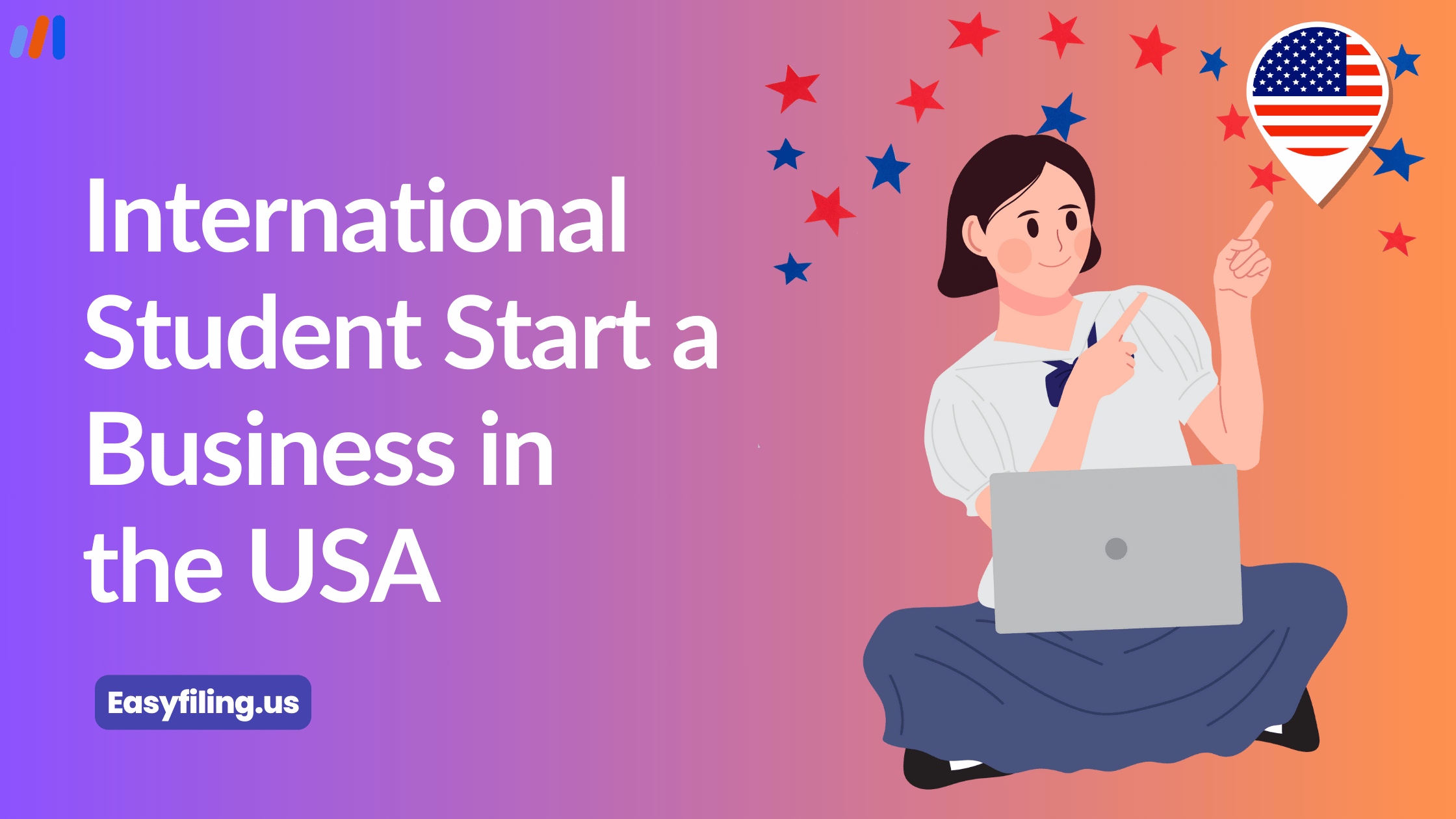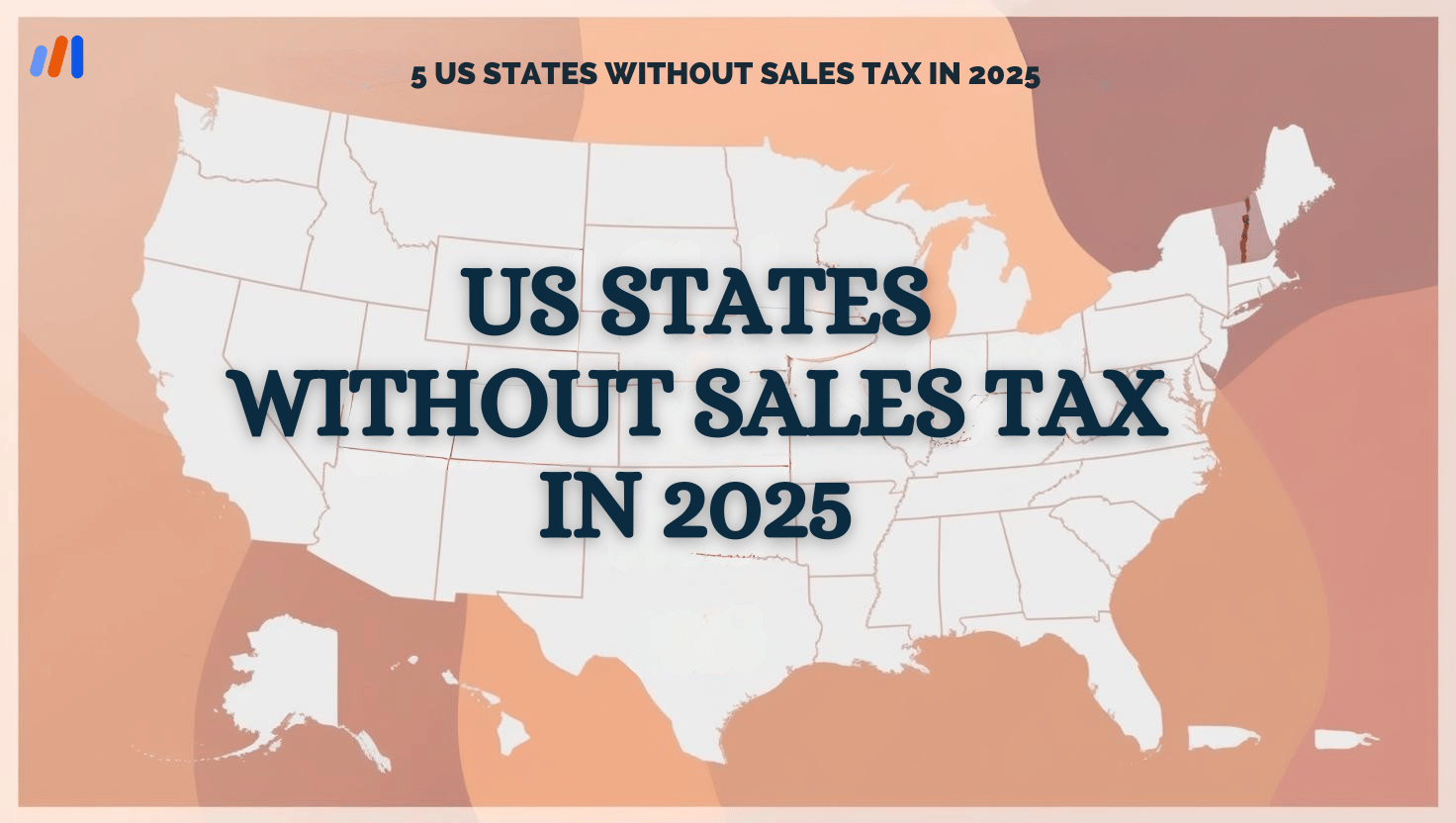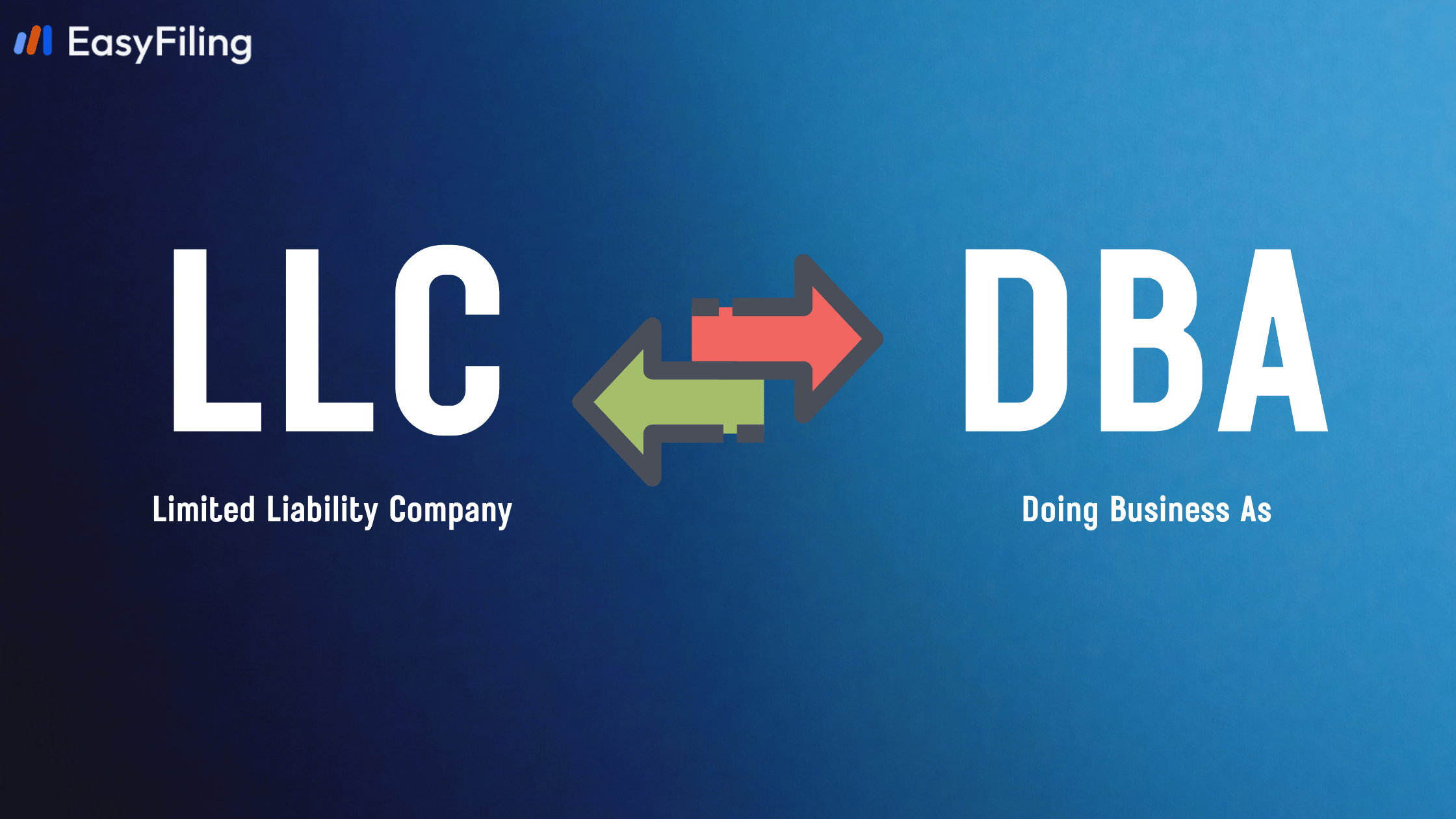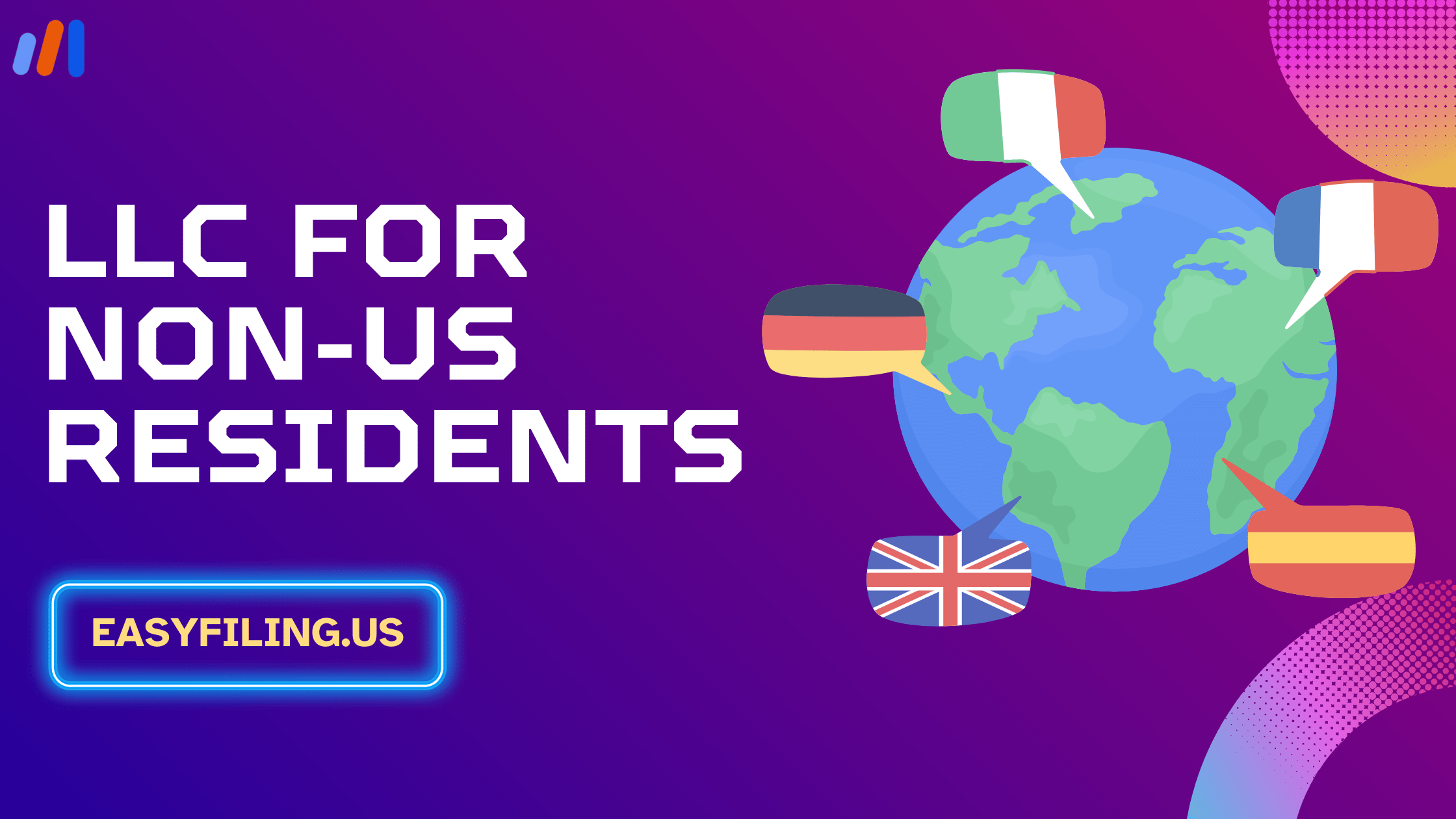When international students come to the United States, they do so not only to better their academic scores alone but also to develop their innovative businesses. Is it possible for an individual to establish a business while studying here?
The question is complex and answers depend on your type of visa and the specifics of what you want to achieve with your business. This guide will explore both possibilities as well as the requirements and considerations involved for international students looking forward to making it in American entrepreneurship.
Understanding Visa Restrictions
What activities can you be involved in while in the USA depends on what kind of visa you have? Most foreign students either hold or come into the country with an F-1 visa which is designed exclusively for full-time students.
Though there are serious restrictions as far as employment opportunities are concerned, this visa enables some limited activities connected with business commencement thereby providing opportunities for those having entrepreneurial ambitions.
F-1 Visa
On-Campus Employment: According to F-1 visa regulations, during academic years you can work up to 20 hours a week on campus, which provides certain experience-gaining options and networking opportunities. In academic breaks, one may work full-time. Numerous jobs within campuses enable students to learn things such as entrepreneurship skills and get insight into how Americans run their businesses; all these would be of immense value if someone has plans of starting their venture.
Off-Campus Employment: After completing the first academic year at school, one can apply for either Optional Practical Training (OPT) or Curricular Practical Training (CPT). CPT allows working in a job directly related to the major field of study while still being enrolled in it thus contributing valuable industry connections. On its part, OPT allows working with any employer including one’s own start-up company for up to 12 months after graduation hence giving flexibility that can facilitate launching his/her enterprise.
J-1 Visa
In case one holds J-1 visas which are commonly given out to exchange students or scholars they may have more chances of being entrepreneurial. On the other hand, there are different specific terms within which you can engage in business activities depending on your particular program of exchange.
It is crucial to communicate with your program sponsor to find out about any allowances or restrictions concerning entrepreneurial activities as they vary a lot.
M-1 Visa
There is an M-1 visa meant for vocational students. However, this category is more restricted since M-1 visa holders are not allowed to work while studying either on or off campus. Nonetheless, after completing their studies, they can be eligible for Optional Practical Training (OPT) that would enable them to start businesses even though under different conditions compared with F-1 visa holders.
Before starting any entrepreneurial venture, it would be prudent to contact an immigration attorney or the Designated School Official (DSO) to understand your specific rights and options available.
Types of Business International Students can start
There are several businesses that F-1 visa holders can legally venture into, which is good news for those who have dreams of becoming entrepreneurs. This will allow them to fully utilize their talents and innovative thoughts through the variety of types of business mentioned below:
Online Businesses
Generally, engaging in e-commerce, blogging, or digital marketing among others is alright and can often be launched without visa infringement. They require little presence in the United States hence most suitable for international students who may have academic commitments.
Service-Based Businesses
You could think about setting up a tutoring facility or offering part-time consultancy in your area if you have acquired skills that would enable you to do so. This could work well for you especially if there are local students or businesses seeking help within your area of expertise.
OPT and Startups
Approval of OPT constitutes permission to start an entrepreneurial venture within one’s area of study. For example, computer science international students could set up software development companies or tech startups that align their academic knowledge with real-world needs.
Key Requirements and Considerations
Though it may be irresistible for an immigrant student to start a business, they must be aware of the legal and practical implications:
Legal Structure: Selecting an appropriate business entity such as LLC, C-corp, etc., concerning your plans is crucial. Also, using lawyers’ services for getting compliance guides as well as tax advisors can save you from potential future problems.
Tax Obligations: Knowledge of your tax obligations is vital since they differ depending on the type of visa you hold and your business structure. Taking proactive steps in this direction through effective tax planning will help you avoid unexpected liabilities.
Business Registration: Registering your company and obtaining necessary licenses depends on the state where you are located. Hence, get acquainted with local laws to avoid any violation issues.
Funding Sources: An investigation into funding choices should be done. This includes personal savings borrowing money from banks or even looking for investors but ensures that they comply with F-1 visa regulations because some sources come with limitations regarding how funds can be used.
Consulting Professionals
Because starting a business as an international student is complicated it’s advisable to seek advice from professionals such as:
Immigration Attorneys: By doing so, you will ensure that your business plan conforms fully with specific rules linked to your visa status.
Business Advisors: Business advisors can provide invaluable insights into business registration, local laws, and best practices for launching your venture.
Accountants: Partnering with an accountant can assist in managing taxes effectively while ensuring compliance and maximizing the potential of your business.

Conclusion
However, it is imperative for entrepreneurs who want to start businesses in the US while being international students not to forget visa limitations and comply with legal prerequisites. International learners can therefore benefit from such proactive consultations as they embark on their journeys into entrepreneurship in the US, enabling them to contribute effectively towards America’s business landscape whilst achieving their academic goals. Thus, this exploration can yield exciting opportunities and fulfilling engagements within the business realm.
Frequently Asked Questions (FAQs)
What type of visa do I need to start a business in the USA?
An F-1 visa may require an international student to change his/her status to an E-2 Treaty Investor Visa or H-1B visa which will allow him or her to operate a company legally. Consult an immigration lawyer for guidance on your specific situation.
Can I work for my own business on an F-1 visa?
Generally, F-1 visa holders are not allowed to engage in unauthorized employment. However, after you have formed a legitimate entity and have obtained the appropriate visas, you may be able to work for yourself.
Do I need to register my business in the USA?
Yes, businesses must be registered according to state and federal regulations. Typically this involves selecting a form of organization (LLC, corporation, etc.), registering the name of the company, and obtaining necessary permits or licenses.
File Your LLC Today
25$ off with a coupon
Lock in EasyFiling's transparent rates and get lifetime compliance support at no extra cost.
Get Started Now







